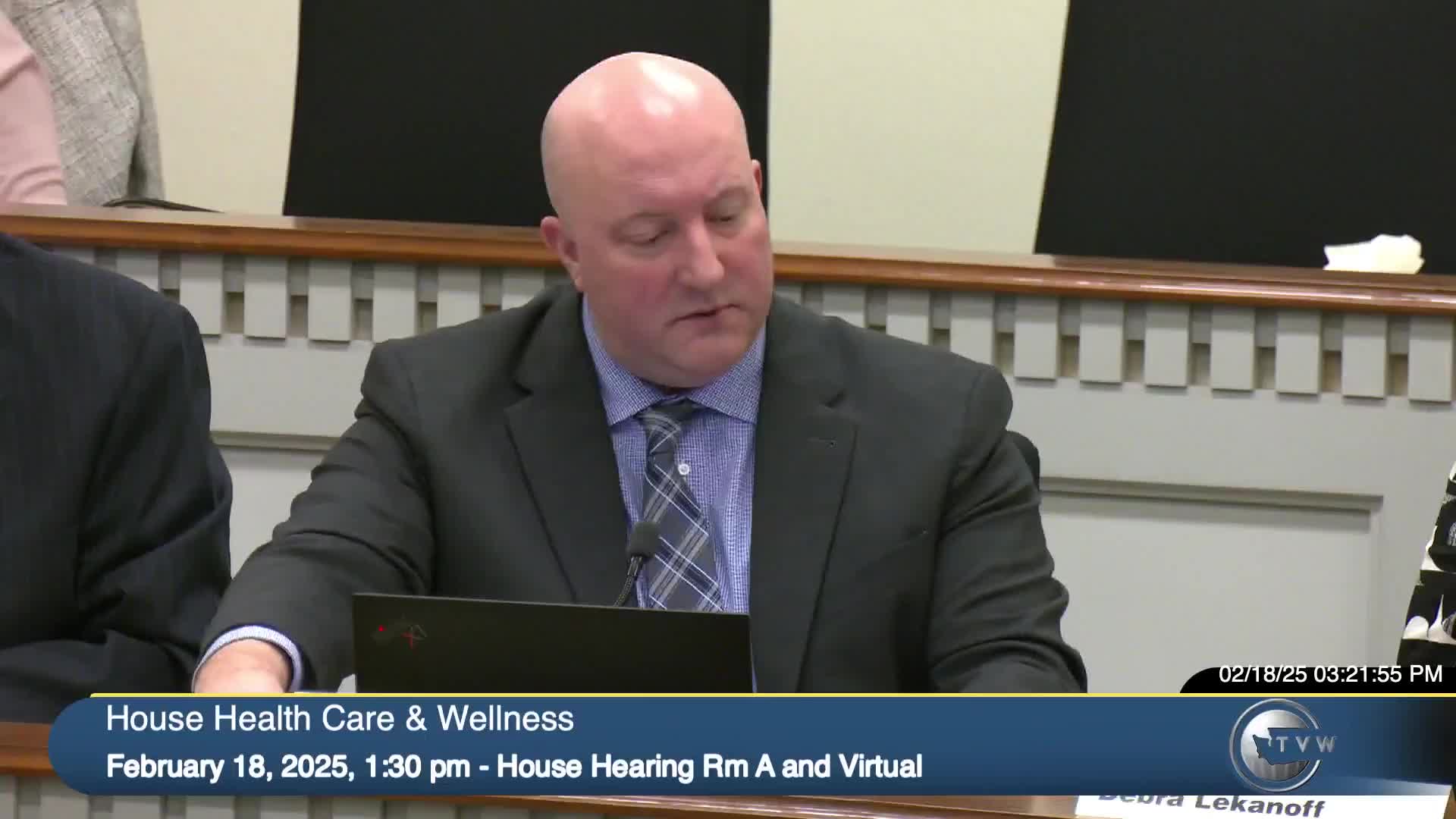Bill would allow 12‑month refills for hormone therapy if plan covers it; sponsors and clinicians say it improves access
Get AI-powered insights, summaries, and transcripts
Subscribe
Summary
House Bill 19 71 would require health plans that cover hormone‑replacement therapy to allow a 12‑month supply to be dispensed at once, with limited exceptions. Sponsors and clinical witnesses said the measure improves continuity of care for rural and otherwise underserved patients; some questions were raised about clinical follow‑up requirements.
House Bill 19 71 would let covered enrollees obtain a year’s supply of prescription hormone‑replacement therapy (HRT) at one time if their plan covers HRT. The bill was discussed at a public hearing before the House Health Care & Wellness Committee.
Why it matters: Longer fills reduce gaps in treatment for people who rely on hormone therapy for medical conditions — including menopause, hypogonadism and gender‑affirming care — and may be especially important for patients in rural areas or those with transportation and scheduling barriers.
What the bill would do: If a private health plan or a public/state employee plan covers hormone therapy, the insurer must allow dispensing of a 12‑month supply at once. The statute includes exceptions: if the enrollee asks for fewer days, the prescriber limits the supply, the drug is a controlled substance, the enrollee already received a 12‑month supply that plan year and it is the last quarter of the plan year, or a prescriber limits refills because of an acute shortage.
Testimony highlights
- Representative Macri (prime sponsor): Said the bill is modeled after existing 12‑month contraceptive access law and preserves prescriber judgment. "This bill does not dictate care," Macri said; it ensures insurers reimburse a prescription that a clinician and patient agree is medically appropriate.
- Dr. Debra Nukatola, Planned Parenthood of the Great Northwest (support): Argued insurers should not dictate prescription length and that monthly refills burden patients and raise the risk of treatment gaps. She noted HRT is used for menopause, hypogonadism and gender‑affirming care and said longer supplies reduce transportation and access barriers.
- Everett Maroon, co‑chair Washington State LGBTQ Commission (support): Testified about personal and constituent access barriers and rural travel burdens, reporting people sometimes travel hundreds of miles or pay out of pocket to obtain hormones.
- Committee question from Representative Caldier and others: Asked whether the bill requires clinical follow‑up within the 12‑month refill period; staff replied the bill is silent on required follow‑up and would not itself mandate in‑person visits or labs during the year — clinical monitoring remains a matter for prescribers and existing standards of care.
Next steps: The hearing concluded without a committee vote. Sponsors asked for further consideration; clinicians and advocates urged the committee to move the bill out of committee to improve continuity of care for affected patients.
